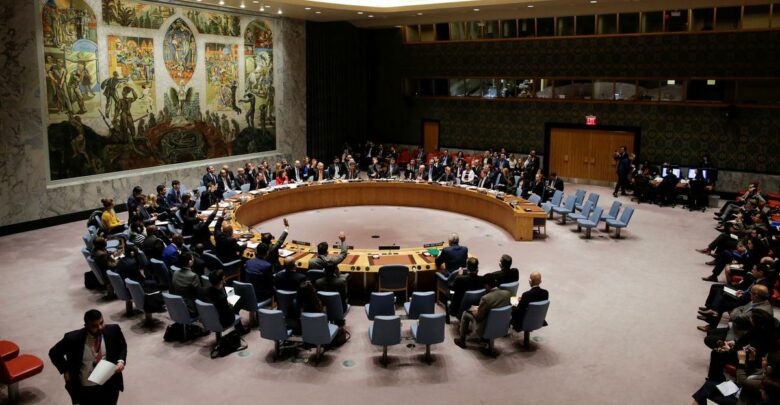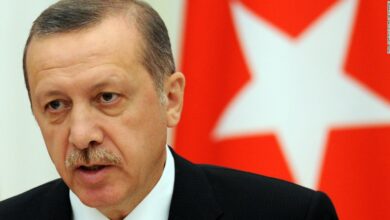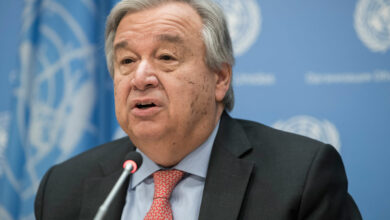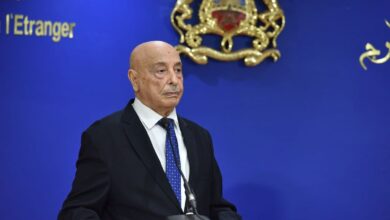Libya
UN Security Council Extends Political Mission In Libya For Just Three Months

The United Nations (UN) Security Council on Thursday voted to extend its political mission in Libya for only three months rather than a year-long mandate at Russia’s insistence, reported The Daily Sabah.
Three African member countries of the UN Security Council declined to vote to protest Russia’s blocking the longer extension they say is required to help the divided country move to elections and stability.
Russia’s Deputy Ambassador, Dmitry Polyansky, asserted that the UN mission must get a new special representative before it is extended for a longer mandate.
In November last year, U.N. special envoy to Libya, Jan Kubis, resigned from his post after serving for 10 months, and a number of candidates proposed by U.N. Secretary-General Antonio Guterres have been rejected either by council members, Libya, or neighbouring countries.
After Kubis resigned, the UN chief Guterres named veteran US diplomat Stephanie Williams, a former U.N. deputy special representative in Libya, as his special adviser. But council diplomats said she is leaving the post, which means the mission will have no leader.
Oil-rich Libya has been going through a political crisis since a NATO-backed uprising toppled and killed Moammar Gadhafi in 2011. The country has since been split into two rival administrations, one in the east backed by military commander Khalifa Hafter and the second in the west supported by the UN. Each side is supported by different militias and foreign powers.
In April 2019, Hafter and his forces launched an offensive trying to capture Tripoli. His campaign collapsed after Turkey stepped up its military support for the U.N.-supported government with hundreds of troops and thousands of Syrian mercenaries.
The two warring sides reached a cease-fire accord in October 2020 and led to an agreement on a transitional government in early February 2021 headed by Prime Minister Abdul Hamid Dbeibah and to the scheduling of elections for in December 2021. But the elections weren’t held.
Dbeibah has refused to step down, and in response the country’s east-based lawmakers elected a rival prime minister, Fathi Bashagha, a former interior minister, who is now operating a separate administration out of the city of Sirte.





